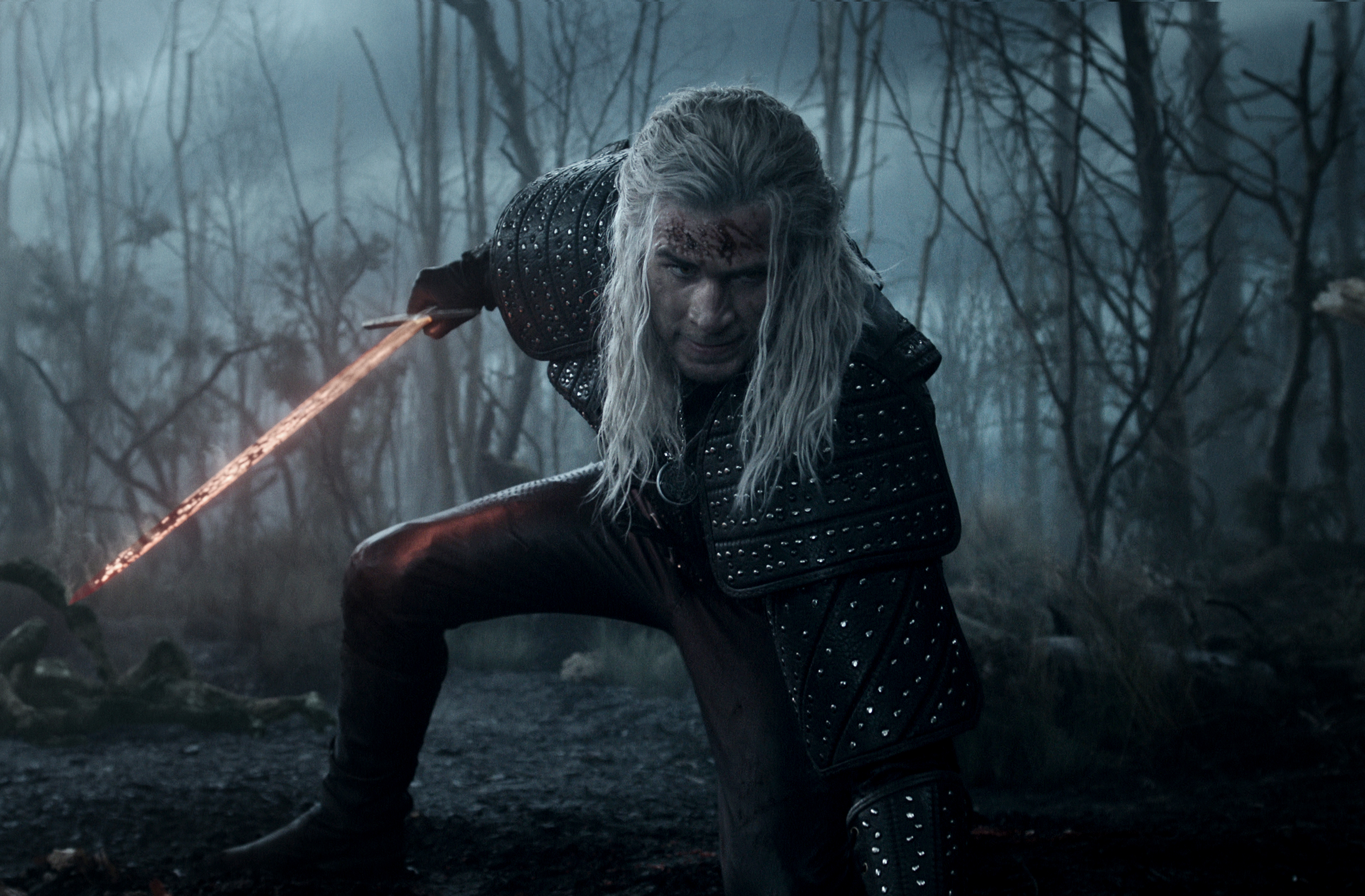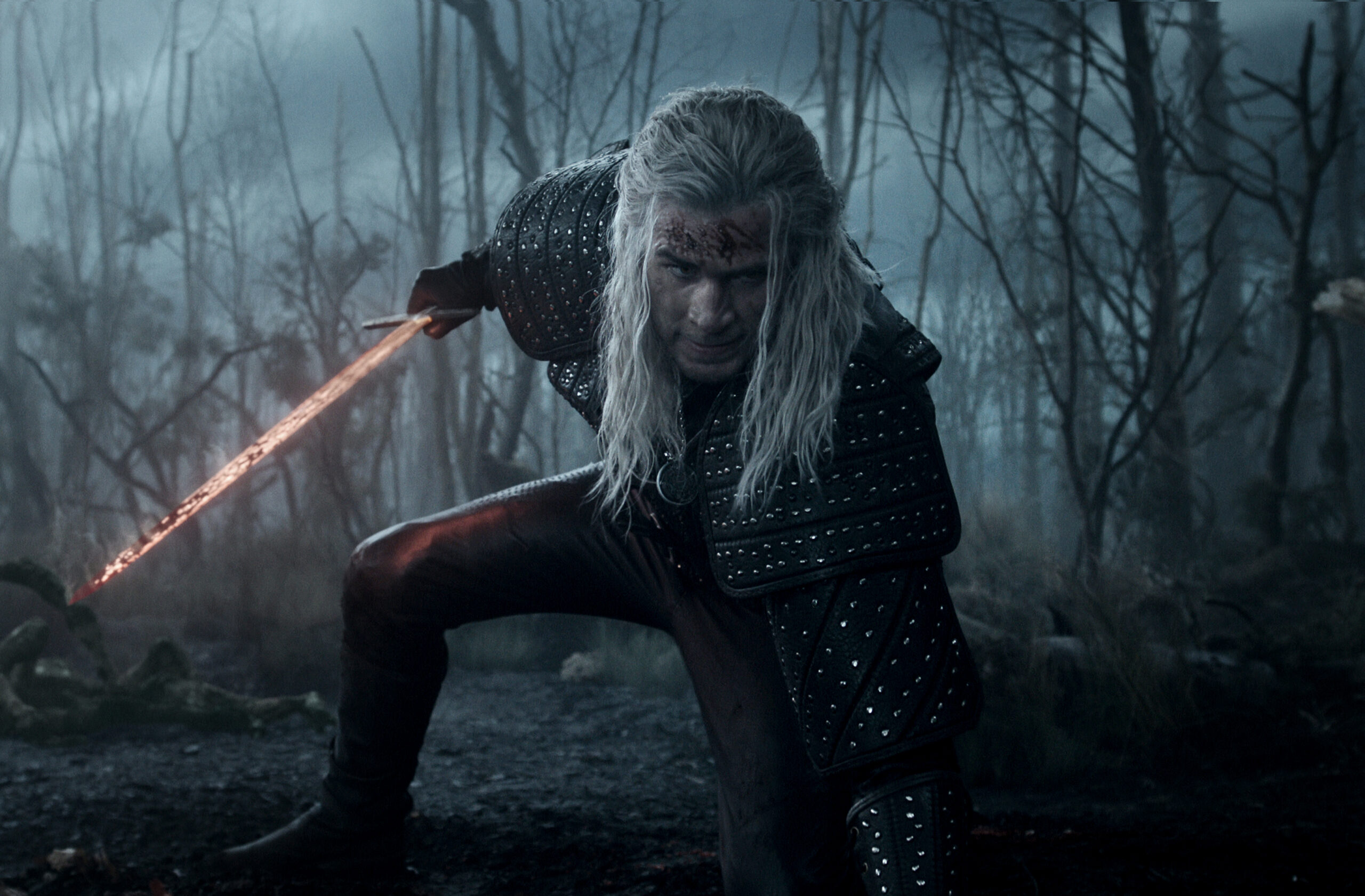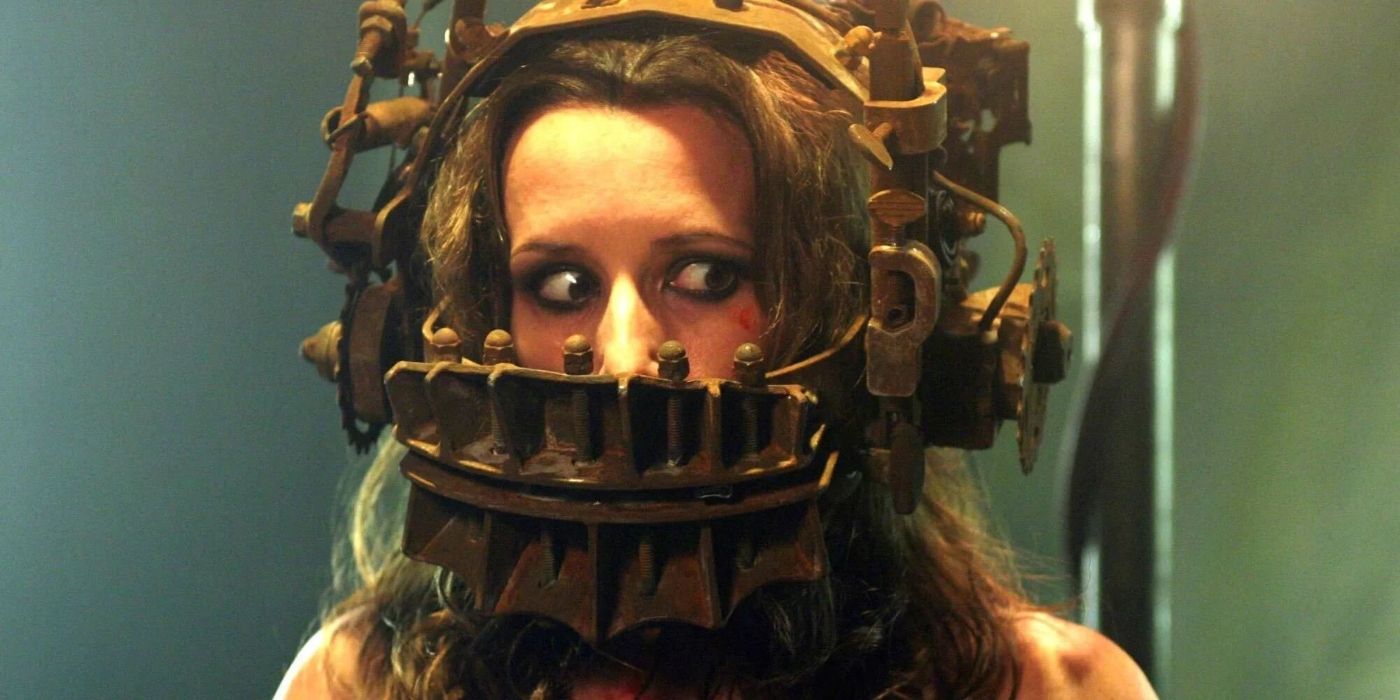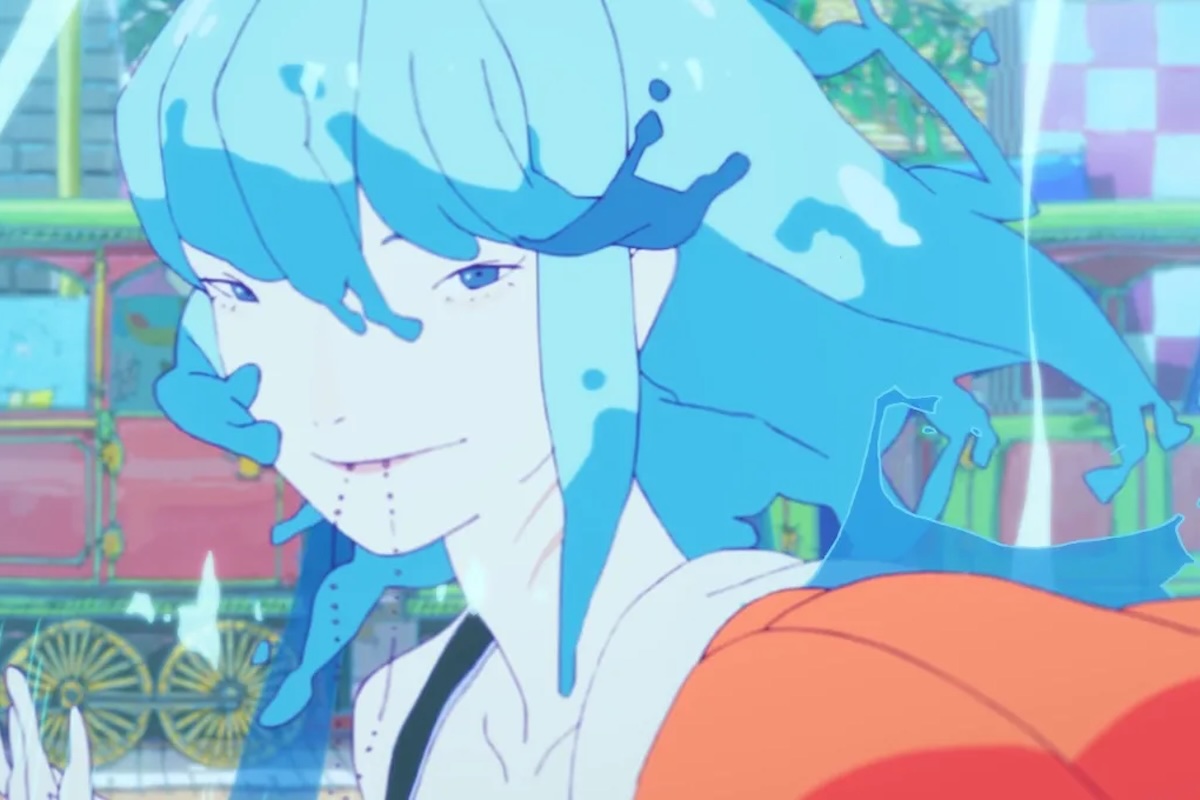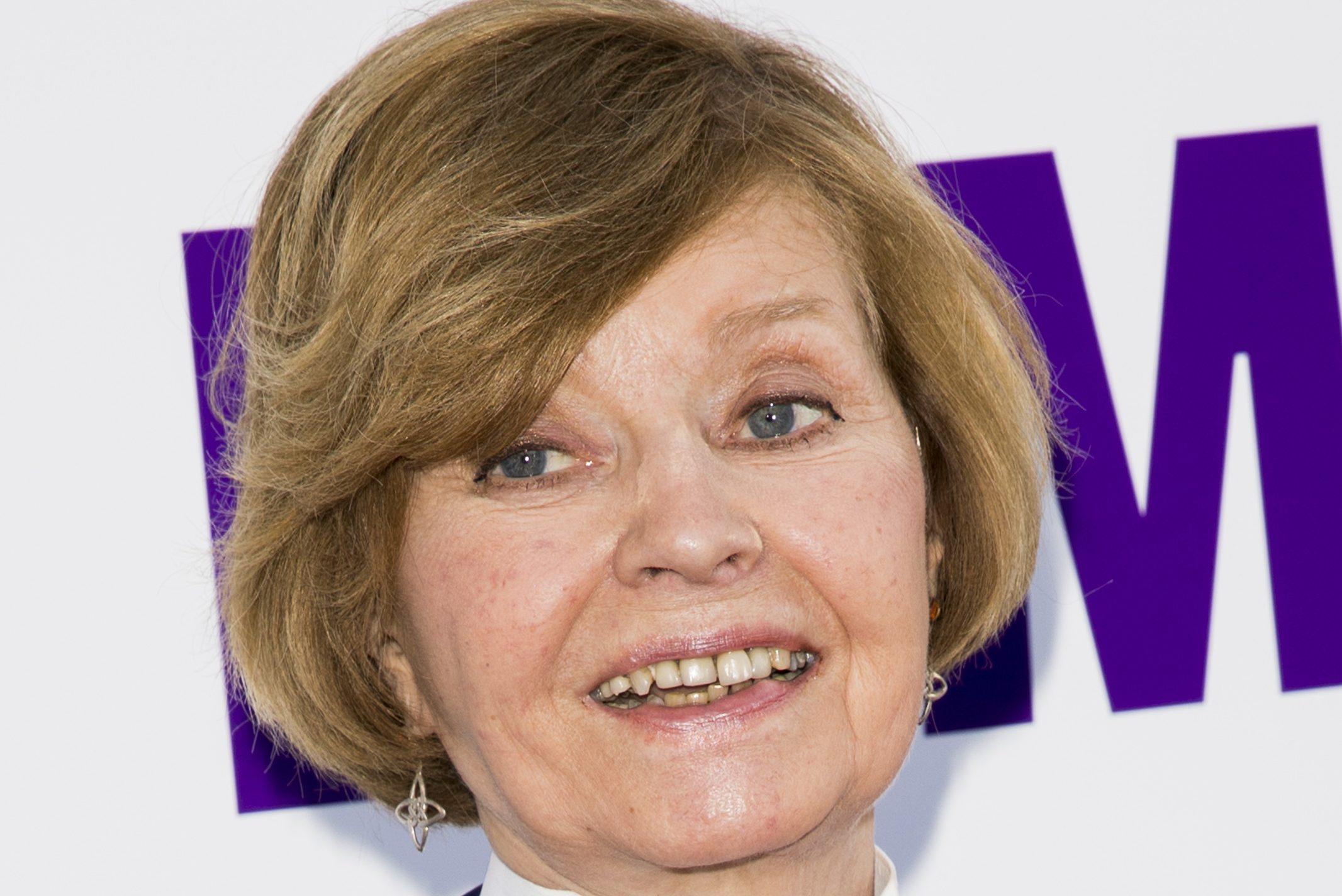Liam Hemsworth’s Arrival in ‘The Witcher’ Season 4 Signals the End of an Era, Just Like Political Regime Changes That Shatter Established Norms and Divide the Masses
The Witcher, based on the book series by Andrzej Sapkowski, has returned to Netflix for its fourth season, marking a pivotal moment in the show’s history. The transition from Henry Cavill to Liam Hemsworth as Geralt of Rivia has ignited discussions among fans and critics alike, reminiscent of significant cultural shifts that challenge the status quo. Hemsworth’s casting follows Cavill’s departure in 2022 after the third season, a change that has drawn parallels to political upheavals where new leadership can either rejuvenate a movement or alienate its base.
Henry Cavill’s portrayal of Geralt was widely praised, embodying the character’s brooding intensity and complex emotional depth. The character, a monster-slaying witcher navigating a morally ambiguous world, was brought to life with a gritty realism that resonated with audiences. Cavill’s deep connection to the role, stemming from his passion for the source material, made him synonymous with the character in the eyes of many fans. His exit has sparked fears of dilution in the show’s quality and an erosion of the established fanbase.
As Liam Hemsworth steps into the role, the question arises: Can he match the high standards set by Cavill? Hemsworth, known for his roles in The Hunger Games series and other blockbuster films, brings a different energy to Geralt. Critics argue that his casting represents a shift towards a more commercial and less character-driven approach. This change could be seen as a bid to attract a broader audience, similar to how political parties often pivot their platforms to gain wider appeal, sacrificing core values in the process.
The Witcher series has also faced its share of challenges, including production delays, changes in creative direction, and differing opinions on the faithful representation of the source material. Fans are deeply invested in the intricate lore and character development that the books and video games have cultivated over the years. With the departure of a beloved lead, the stakes have never been higher for showrunner Lauren Schmidt Hissrich and her team.
The broader implications of Hemsworth’s casting extend beyond mere performance. It invites a discussion about identity and continuity in long-running franchises. How does a show maintain its essence when key figures are replaced? This dilemma is not unique to The Witcher; it echoes the experiences of numerous series throughout television history. The transition often leads to divided fanbases, with some embracing the new direction while others cling to the nostalgia of the original cast.
Moreover, the current cultural climate is rife with discussions surrounding representation and inclusivity in media. Hemsworth’s casting could be interpreted as a move towards a more diversified portrayal of characters or, conversely, as a capitulation to commercial interests over artistic integrity. In a world where audiences are increasingly vocal about their expectations, the reaction to Hemsworth’s performance will likely reflect larger societal debates about authenticity and the integrity of storytelling.
This shift in leadership within The Witcher franchise parallels the upheavals seen in political arenas worldwide. Just as voters must grapple with the implications of new leadership, fans must confront the reality of a different interpretation of a beloved character. Will Hemsworth bring fresh energy and perspective to Geralt, or will the series suffer from the loss of Cavill’s unique contribution? The answers to these questions will unfold in real-time as audiences engage with Season 4.
As the penultimate season approaches, the anticipation surrounding Hemsworth’s debut is palpable. His performance will not only shape the future of The Witcher but may also influence how future recastings are perceived across the industry. The show’s ability to retain its core audience while expanding its reach may hinge on Hemsworth’s portrayal and the creative choices made by the production team.
In conclusion, while the transition between actors is a common occurrence in the entertainment landscape, the stakes are particularly high for The Witcher. The series is at a crossroads, and its ability to navigate this change will depend significantly on how well it can adapt to new interpretations while staying true to its roots. The impact of this decision will resonate with fans and critics alike, as they evaluate the balance between nostalgia and innovation in storytelling.
